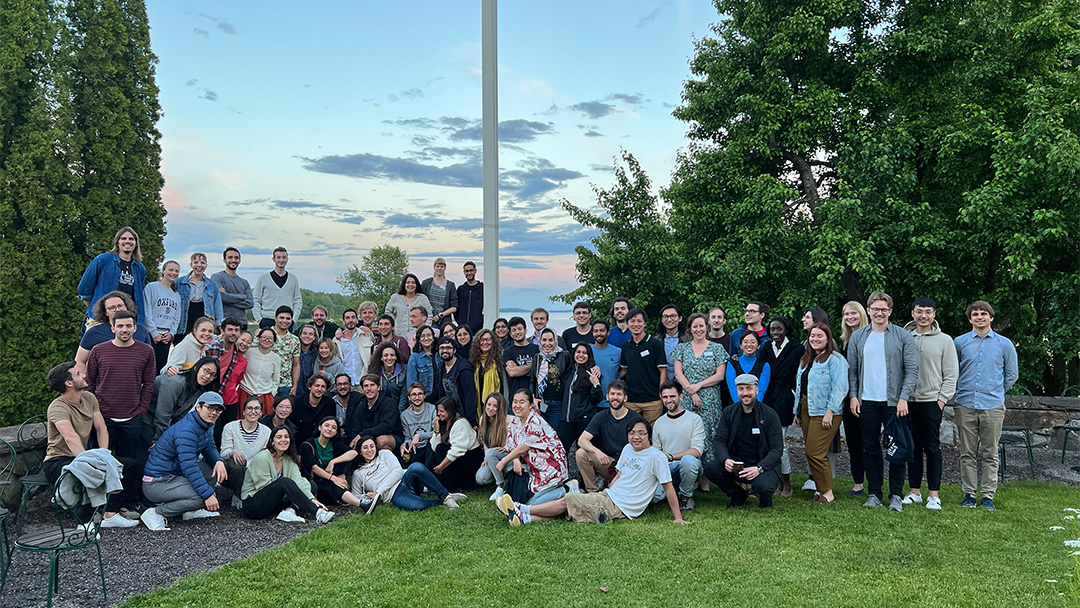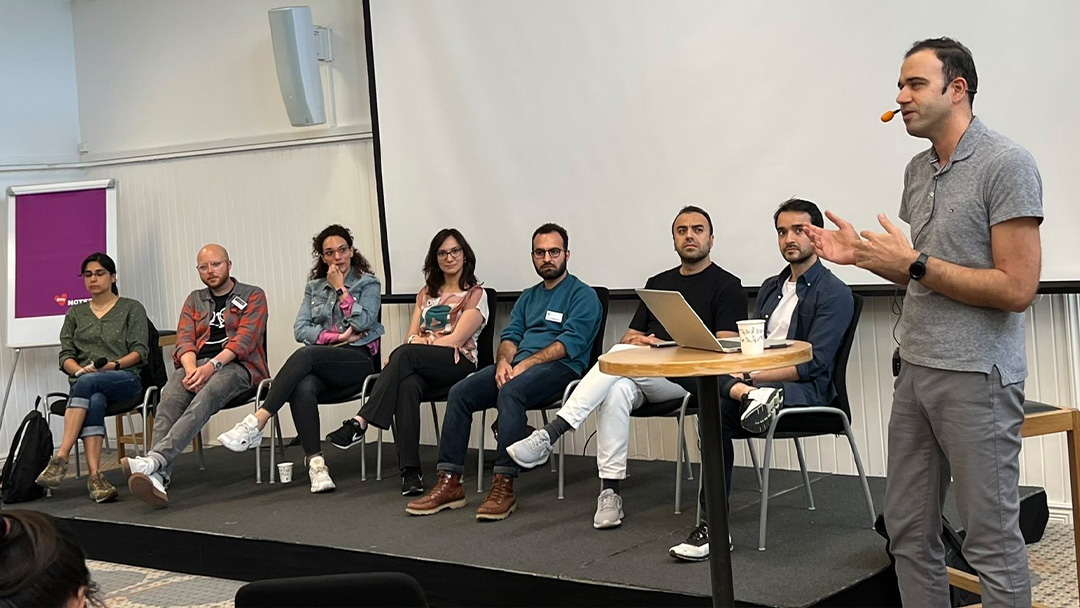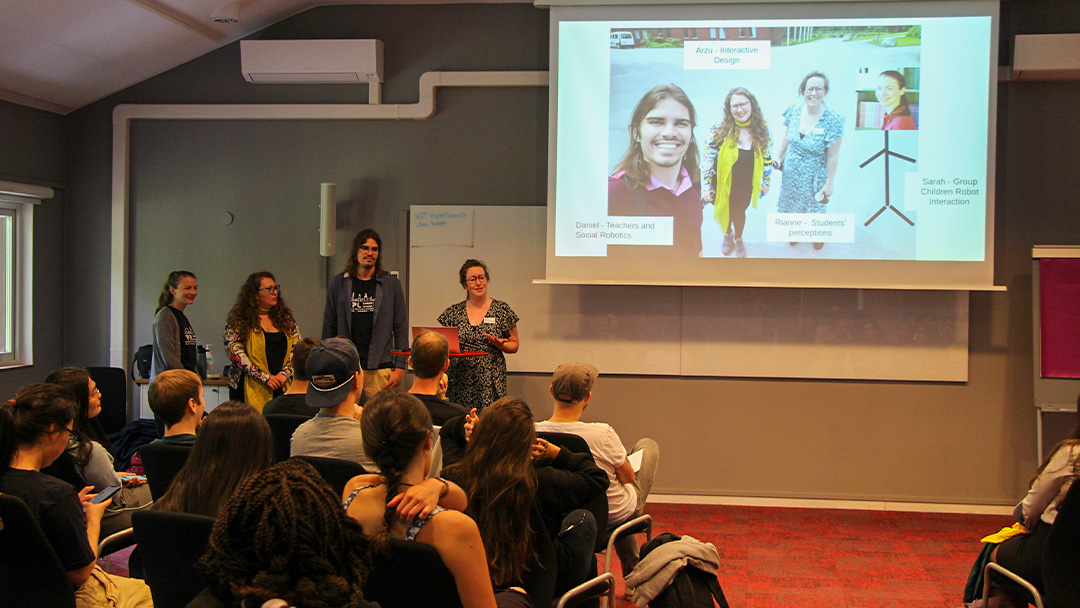Here’s why RPL Summer School was a success

The good reviews of the RPL Summer School are no coincidence. Member of the organising committee, Fereidoon Zangeneh, shares some key insights about the success.
13–17 June, the division of Robotics, Perception and Learning held their first summer school for doctoral students and postdocs. Researchers from all over the world got the opportunity to learn and collaborate in the inspiring environment at Happy Tammsvik, outside of Stockholm. Even though this was their first year of organising, the event got stunning reviews and has already resulted in multiple new research projects.
During the pandemic, the opportunity to collaborate and take note of each other's research has been minimal. So, at the request of the management, a committee from the RPL division organized a summer school. They attracted 85 attending doctoral students and postdocs from 34 different institutes via invites.

“Our work depends on sharing our ideas and thoughts. Together we can make better results. That is why our main goal with this summer school was to give people the opportunity to connect and find new common ground,” says Fereidoon.
This was the first time the division of RPL organised a summer school. But they already knew they wanted it to be different from others.
“Usually, a summer school holds lectures from 9 to 5. Then you are exhausted and have little energy left for your own ideas. Unlike other summer schools, we focused on seminars on a higher level and lots of discussions.”
If you have ever attended an event, you know it’s not always easy to get the interaction you would like. That’s why the committee tried a different approach.
“We planned the whole week like a journey. We started by getting to know each other’s work and finished with concrete points of collaboration.”
The first step was to divide everyone into groups based on research field to present their work in parallel tracks. This was an opportunity to note overlaps and find exciting people to work with. The next step was to investigate possible ideas. They continued exploring concrete points of collaboration that could continue after summer school and ended the week with a project pitch from each group.

“This way of working has resulted in several active projects already. In fact, I am working on a project right now with two people I met at summer school - one from Linköping and one from Paris.”
You could say that the result of the summer school seems like a success. And the attendees agree.
“The majority liked the freestyle discussions and the organic formation of ideas. The food, company and location were also much appreciated. Some social activities could have been better prepared, but we had a fantastic time at Happy Tamsvik. But the real evaluation will be in five years or so when we know how many have initiated new projects with their connections from the summer school.”
Now, the only remaining question is – will there be an RPL Summer School next year? This is yet to be determined.
